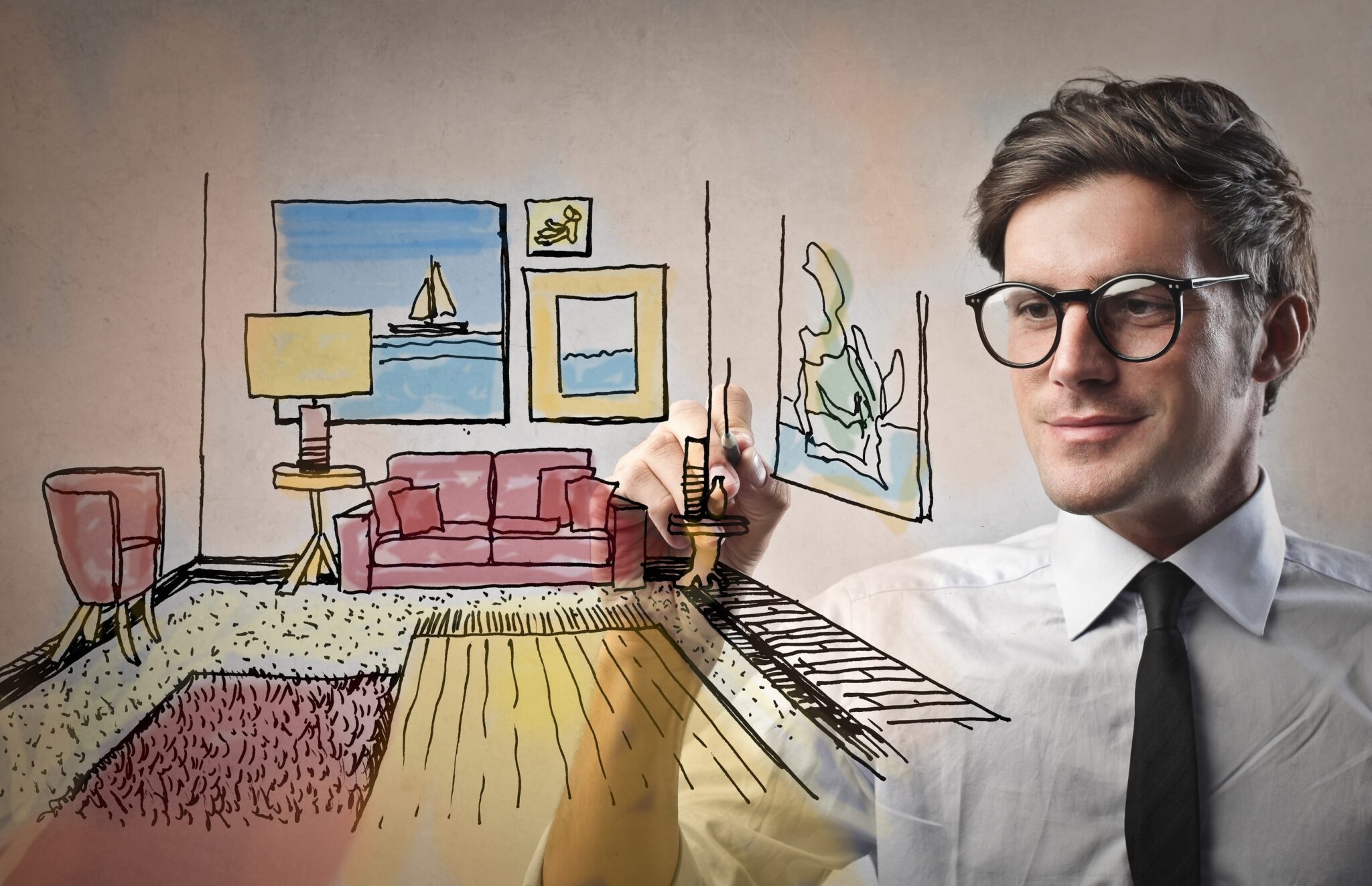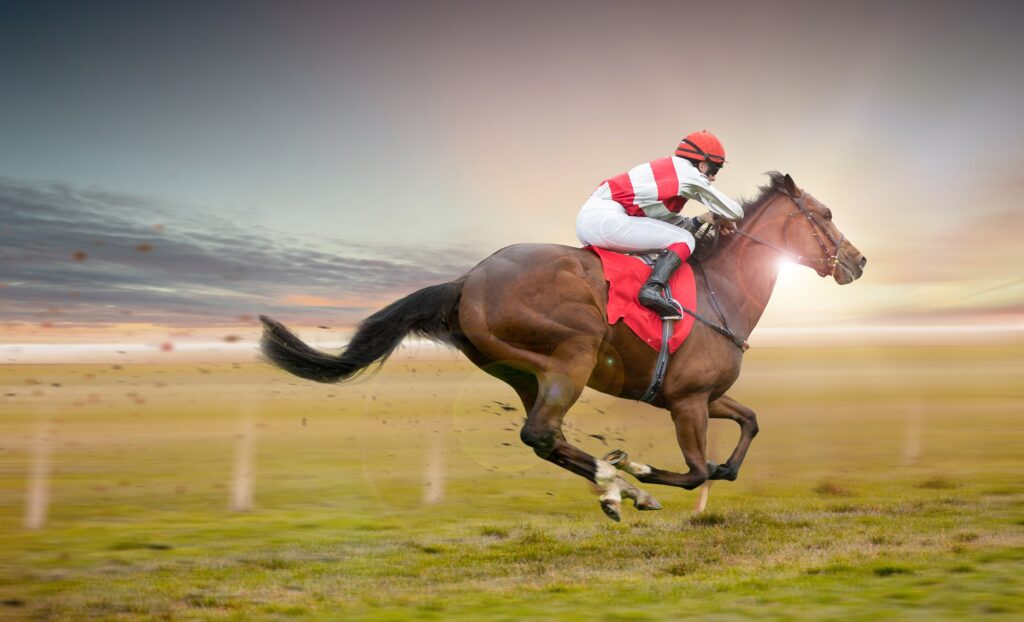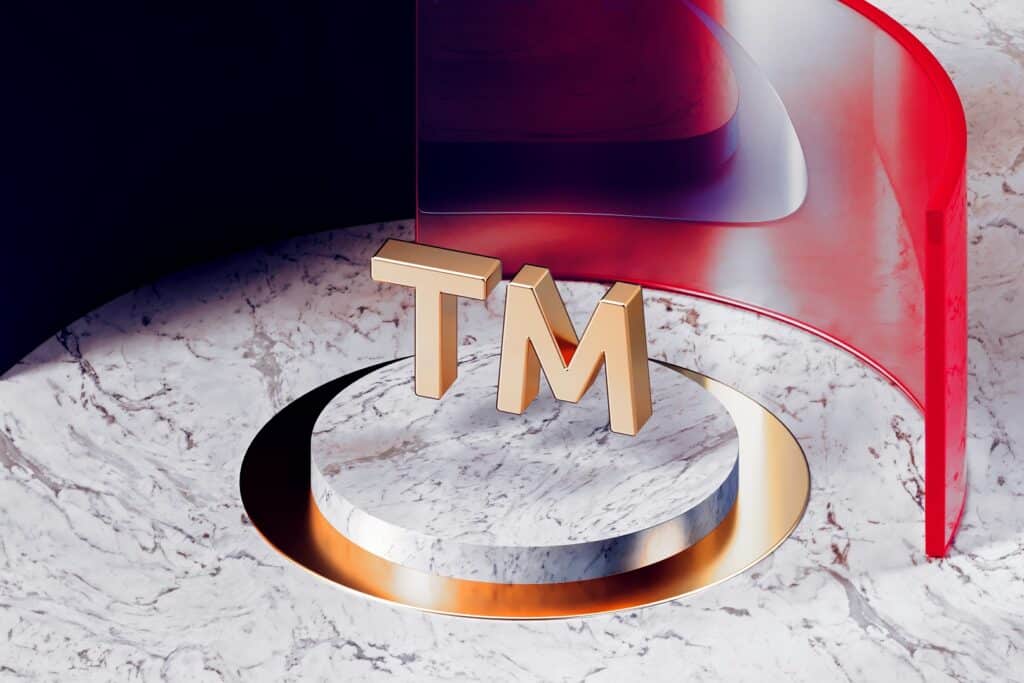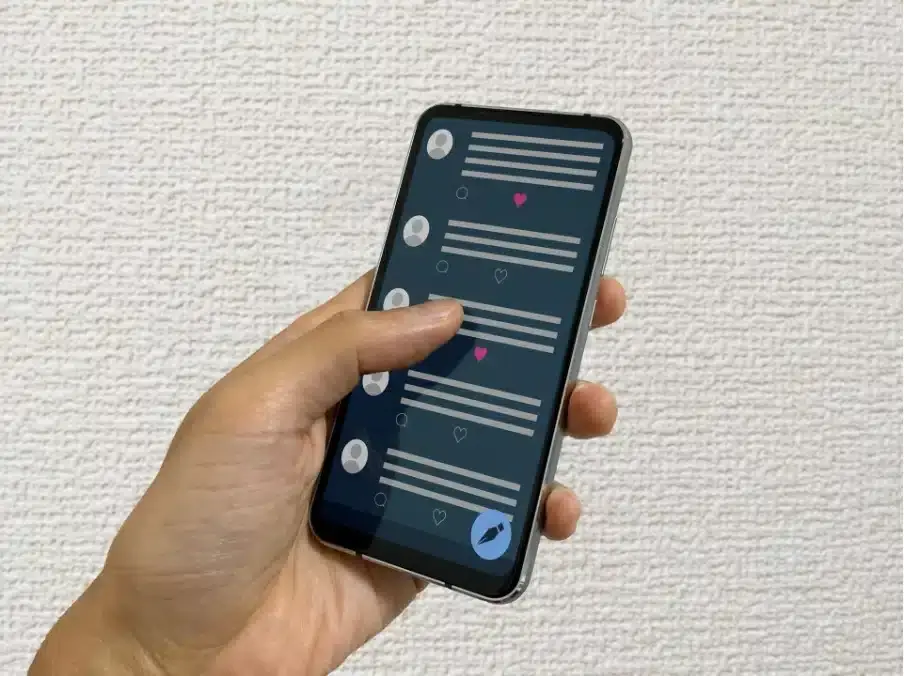What is the Relationship Between Character Publicity Rights and Various Intellectual Property Rights?

Many of you may have seen people selling their own trading cards on online auctions or flea markets. On these platforms, homemade trading cards are often listed and sold as “original cards” or “oricas”.
There is generally no legal issue with these homemade trading cards if they use personalitys you have created yourself or photos you have taken (excluding cases where the subject’s portrait rights or publicity rights are infringed).
However, if your homemade trading cards use personalitys designed by others or photos taken by others, there is a possibility of infringing on others’ copyrights, portrait rights, publicity or trademark rights.
This raises the question of what rights are involved in a “personality” and what legal issues arise when that personality is used in homemade trading cards.
In this article, using the sale of homemade trading cards as an example, we will explain the legal issues centered on intellectual property rights such as publicity rights surrounding personalitys.
Relationship with Copyright

Scenarios Where Copyright Becomes an Issue
When selling your own trading cards, copyright issues may arise in cases where personalitys designed by others or photographs taken by others are used. For example, trading cards featuring popular personalitys or photographs of celebrities and athletes.
What is Copyright?
Unlike patent rights, copyright naturally arises under the law at the time of creation, without the need for any procedures such as registration. Because no special procedures are required for copyright to be recognized under the law, this is referred to as the principle of non-formalism. The definition of a copyrighted work is stipulated in Article 2, Paragraph 1, Item 1 of the Japanese Copyright Law as follows:
(Definition)
Article 2 In this law, the meanings of the terms listed in each of the following items shall be as prescribed in the respective items.
1. A work: This refers to something that creatively expresses thoughts or feelings and falls within the realm of literature, academia, art, or music.
From this Article 2, Paragraph 1, Item 1 of the Japanese Copyright Law, not all creations are considered copyrighted works. To be recognized as a copyrighted work, it must be something that creatively expresses thoughts or feelings and can be said to belong to the realm of literature, academia, art, or music.
Copyright of Characters
So, can personalitys be granted copyright? Some people may naturally think that personalitys are granted copyright, but in fact, copyright is not granted to personalitys as images. As stipulated in Article 2, Paragraph 1, Item 1 of the Japanese Copyright Law, in order to be considered a copyrighted work, it is necessary to “express” thoughts or feelings creatively. Therefore, personalitys as images cannot be considered copyrighted works (Popeye Necktie Case, Supreme Court decision on July 17, 1997).
However, if a personality is not just an image but is concretely expressed, copyright can be granted. Therefore, if you use a personality’s illustration as is to create your own trading cards, there is a possibility of copyright infringement.
On the other hand, if you create your own picture using a personality and use that picture to create an original card, there is a possibility that it will not constitute copyright infringement. However, if an illustration created based on an existing illustration or image (dependence) is similar to the essential features of the expression form of the existing work to the extent that it can be directly perceived from the new work (similarity), it will constitute copyright infringement. Therefore, it is considered that there are many cases where using someone else’s illustration is judged to be copyright infringement.
Copyright of Photographs
Next, can photographs be granted copyright? For photographs, if they fall under Article 2, Paragraph 1, Item 1 of the Japanese Copyright Law, copyright can be granted.
For photographs, there may be cases where some thoughts or feelings of the photographer are creatively expressed in the process of shooting, such as the arrangement of the subject, the angle of shooting, and the way the light enters. In such cases, it falls under Article 2, Paragraph 1, Item 1 of the Japanese Copyright Law, and copyright can be granted.
On the other hand, for photographs that are extremely simply and mechanically taken and do not fall under Article 2, Paragraph 1, Item 1 of the Japanese Copyright Law, copyright may not be granted.
https://monolith.law/reputation/copyright-property-and-author-by-posting-photos[ja]
When Copyright Infringement Occurs

About Characters
If you use an illustration of a personality designed by someone else on your own trading cards, you may infringe on the copyright of the illustrator. Also, be aware that issues may arise in relation to trademark rights, which will be discussed later.
About Photographs
If you use a photograph of a personality, celebrity, or athlete taken by someone else on your own trading cards, you may infringe on the copyright of the person who took the photograph.
On the other hand, if you use a photograph you took yourself on a trading card, you will not infringe on the copyright of the person who took the photograph. However, if you use a photograph of an illustration created by someone else, you may infringe on the copyright of the illustrator of the subject. Also, even if it does not constitute copyright infringement, be aware that issues may arise in relation to portrait rights and publicity rights, which will be discussed later.
Relationship with Portrait Rights

Situations Where Portrait Rights Become an Issue
When selling your own trading cards, portrait rights can become an issue if the photos used feature the face or appearance of a specific individual. For example, trading cards featuring photos of celebrities or sports players could potentially infringe upon these rights.
What are Portrait Rights?
Portrait rights refer to the right of an individual to not have their face or appearance photographed or publicly displayed without their permission. There is no explicit legal provision recognizing portrait rights. However, these rights are acknowledged based on the right to pursue happiness as stipulated in Article 13 of the Japanese Constitution, which states, “All of the people shall be respected as individuals. Their right to life, liberty, and the pursuit of happiness shall, to the extent that it does not interfere with the public welfare, be the supreme consideration in legislation and in other governmental affairs.” These rights have been established through precedents.
https://monolith.law/reputation/portraitrights-onthe-internet[ja]
When Portrait Rights are Infringed Upon
Using photos of celebrities or sports players on your own trading cards without permission naturally lacks consent for the use of their portrait rights. Therefore, using photos of celebrities or sports players on your own trading cards could potentially infringe upon their portrait rights. However, portrait rights are considered a form of privacy rights, and in relation to celebrities or sports players, the relationship with the publicity rights, which will be introduced next, becomes important.
Relationship with Publicity Rights

Situations Where Publicity Rights Become an Issue
When selling self-made trading cards, cases where publicity rights become an issue are those where photographs of celebrities are used. In addition, not only people but also tangible objects, such as racehorses, can be subject to publicity rights. If the publicity rights of tangible objects are not recognized, it is considered that creating and selling self-made trading cards with photographs of racehorses taken by oneself does not infringe on publicity rights.
What are Publicity Rights?
The names and portraits of celebrities have customer appeal and thus hold economic benefits or value. The right to exclusively control this economic benefit or value derived from one’s own name or portrait (i.e., not allowing third parties to use it without permission) is referred to as the publicity right.
https://monolith.law/reputation/publicityrights[ja]
Are Publicity Rights Recognized for Racehorses?
Regarding the issue of whether racehorses are granted publicity rights, the Supreme Court of Japan has made the following judgment in the appeal trial of the Gallop Racer case:
“The plaintiffs in the first instance own or owned the racehorses in question. However, the ownership of things such as racehorses is limited to the exclusive control over the tangible aspect of the thing, and does not extend to the direct exclusive control over the intangible aspect such as the name of the thing. Therefore, even if a third party uses the economic value of the intangible aspect of the racehorse, such as the customer appeal of the name of the racehorse, without infringing on the exclusive control of the owner over the tangible aspect of the racehorse, such use does not infringe on the ownership of the racehorse.”
From the above judgment of the Supreme Court, it is generally considered that publicity rights are not recognized for tangible objects.
https://monolith.law/reputation/publicity-right-on-things[ja]
Cases of Publicity Rights Infringement
For photographs of entertainers and athletes, there are people who want to purchase them because of the use of these photographs, indicating that they have customer appeal. Therefore, using photographs of entertainers and athletes without permission on self-made trading cards may infringe on the publicity rights of the entertainers and athletes who are the subjects of the photographs, and may be illegal.
Relationship with Trademark Rights

What are Trademark Rights?
Firstly, a trademark is a mark or naming (identifier) used by a business operator to distinguish their own (their company’s) products or services from those of others (other companies).
The intellectual property right that protects such ‘marks’ or ‘namings’ attached to products or services as property is called ‘trademark rights’. Trademarks can be of various types, including personalitys, figures, symbols, three-dimensional shapes, and combinations of these.
Furthermore, from April 2015 (Heisei 27), it became possible to register trademarks for motion trademarks, hologram trademarks, trademarks consisting only of colors, sound trademarks, and position trademarks.
Situations Where Trademark Rights Become an Issue
When selling your own trading cards, there are mainly two cases where trademark rights can become an issue.
- The first case is when using illustrations of personalitys that are registered trademarks.
- The second case is when using logos that are registered trademarks.
Cases of Trademark Infringement
It is possible to register trademarks for personality designs and illustrations.
Typically, trademarks are registered for personalitys in their representative poses. Creating and selling trading cards using personalitys that are registered trademarks constitutes trademark infringement. Also, using a registered trademark logo on a trading card constitutes trademark infringement.
Yu-Gi-Oh is a trading card game with enduring popularity. Many Yu-Gi-Oh cards are traded at high prices, and there are many people selling their own trading cards. In recent years, there have been cases of people being arrested for trademark law violations (use of similar trademarks) for creating their own Yu-Gi-Oh cards.
https://monolith.law/corporate/trademark-infringement-cases-illegalityjudgment[ja]
Summary
We have discussed the legal issues involved in selling self-made trading cards. In recent years, the development of the internet has made it easier to sell products on online auctions and flea markets, and the number of cases where self-made trading cards are sold has increased. However, as explained in this article, using personalitys designed by others or photos of celebrities may infringe on the rights of others. Therefore, those considering selling their own trading cards need to fully understand these legal issues. These issues involve copyright, portrait rights, publicity or trademark rights, and require legal knowledge and professional judgment. Therefore, please consult with a lawyer.
Category: Internet





















